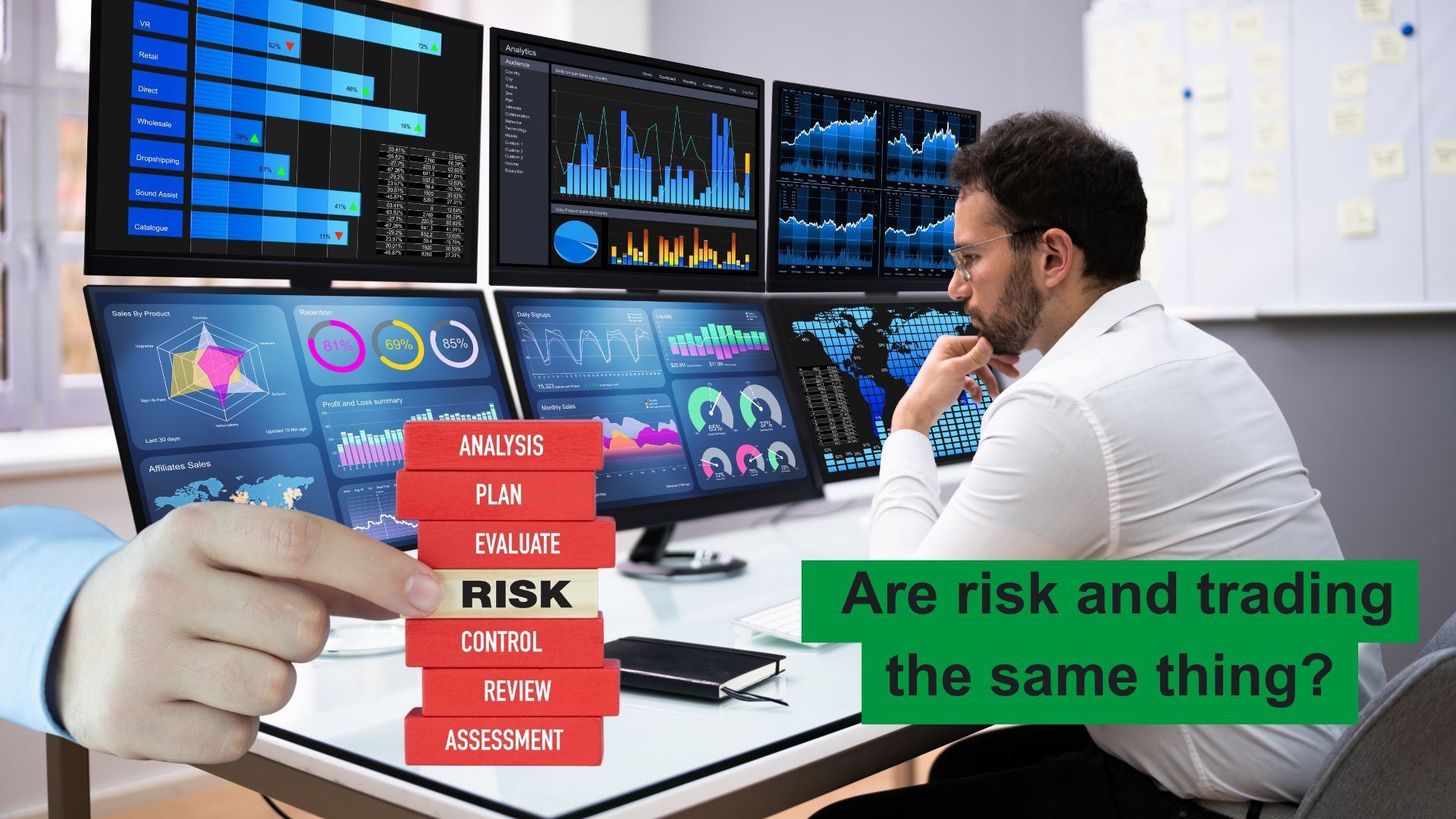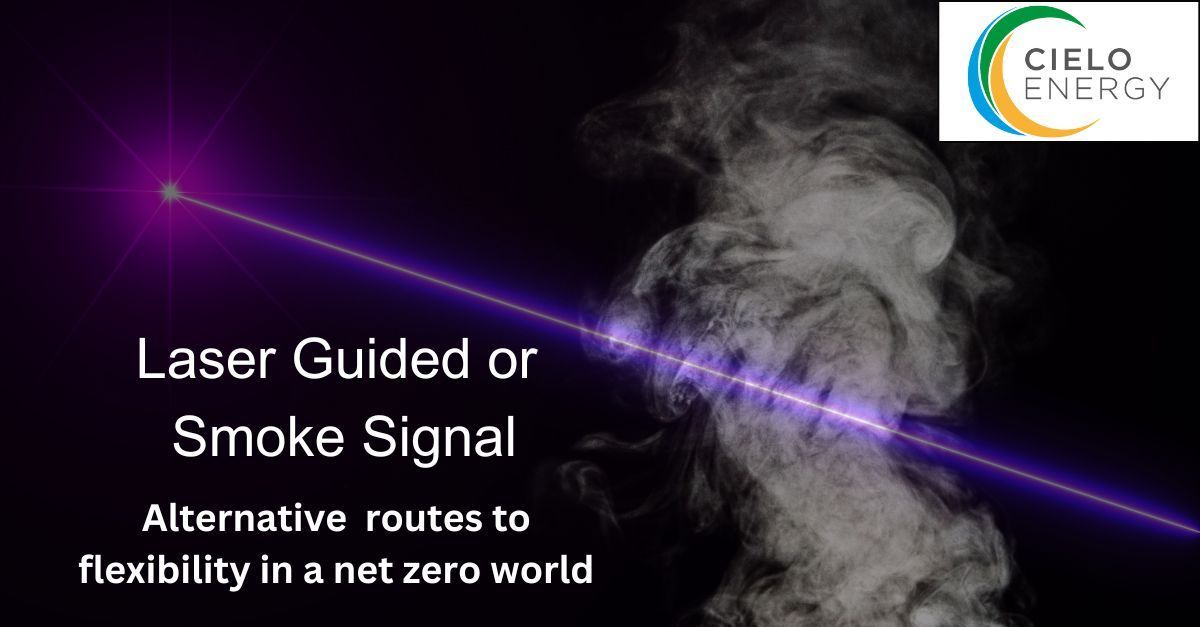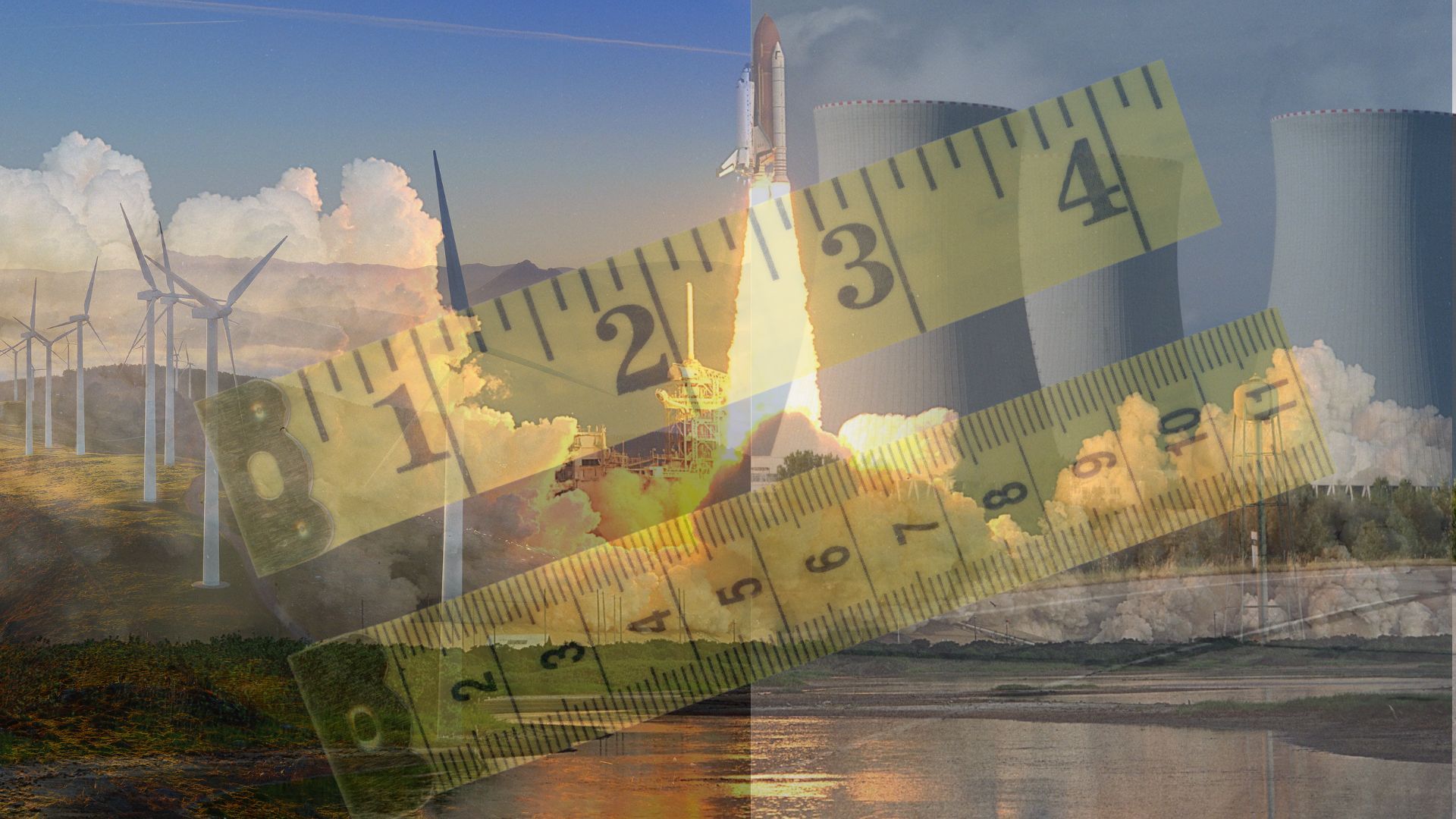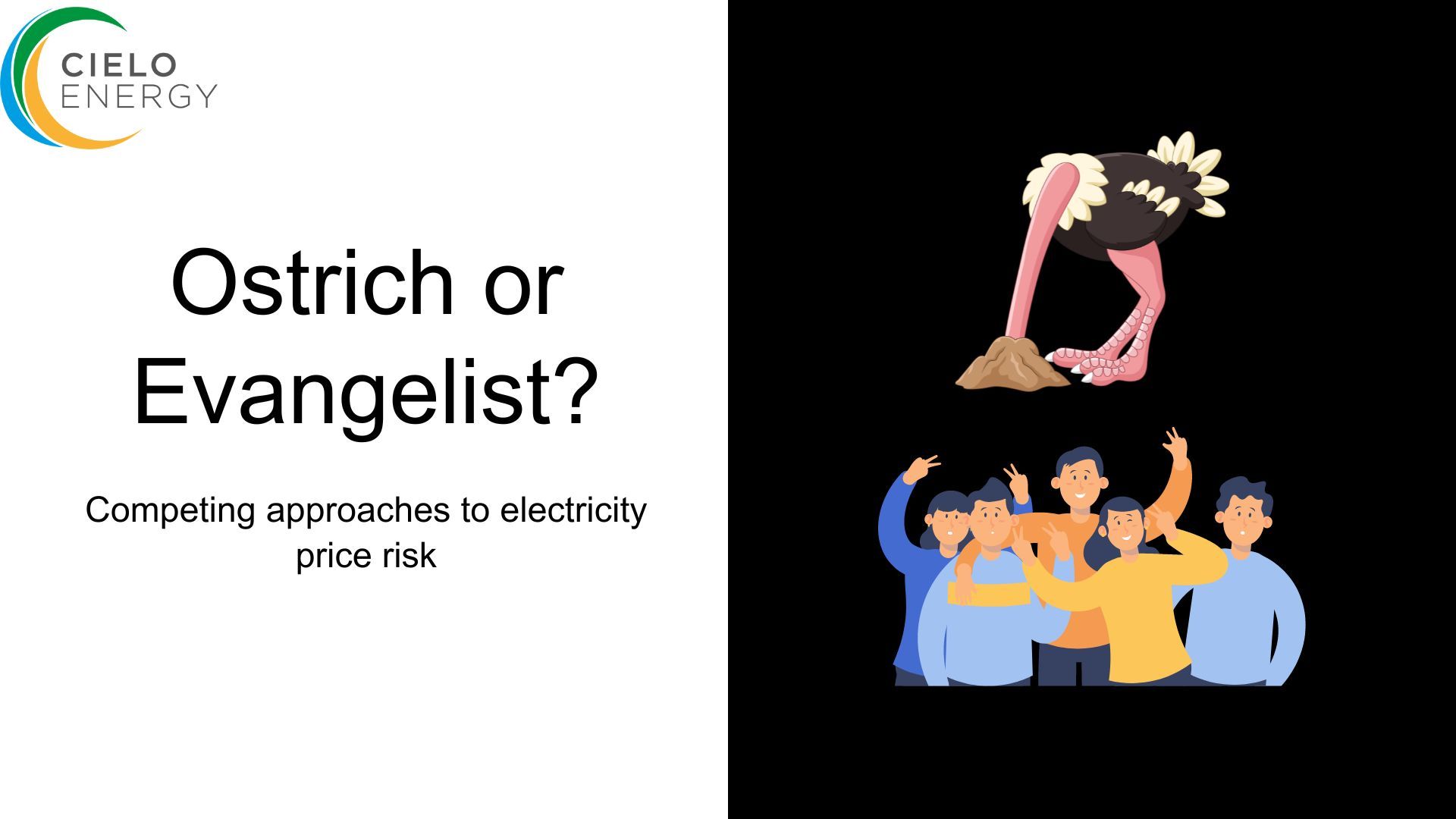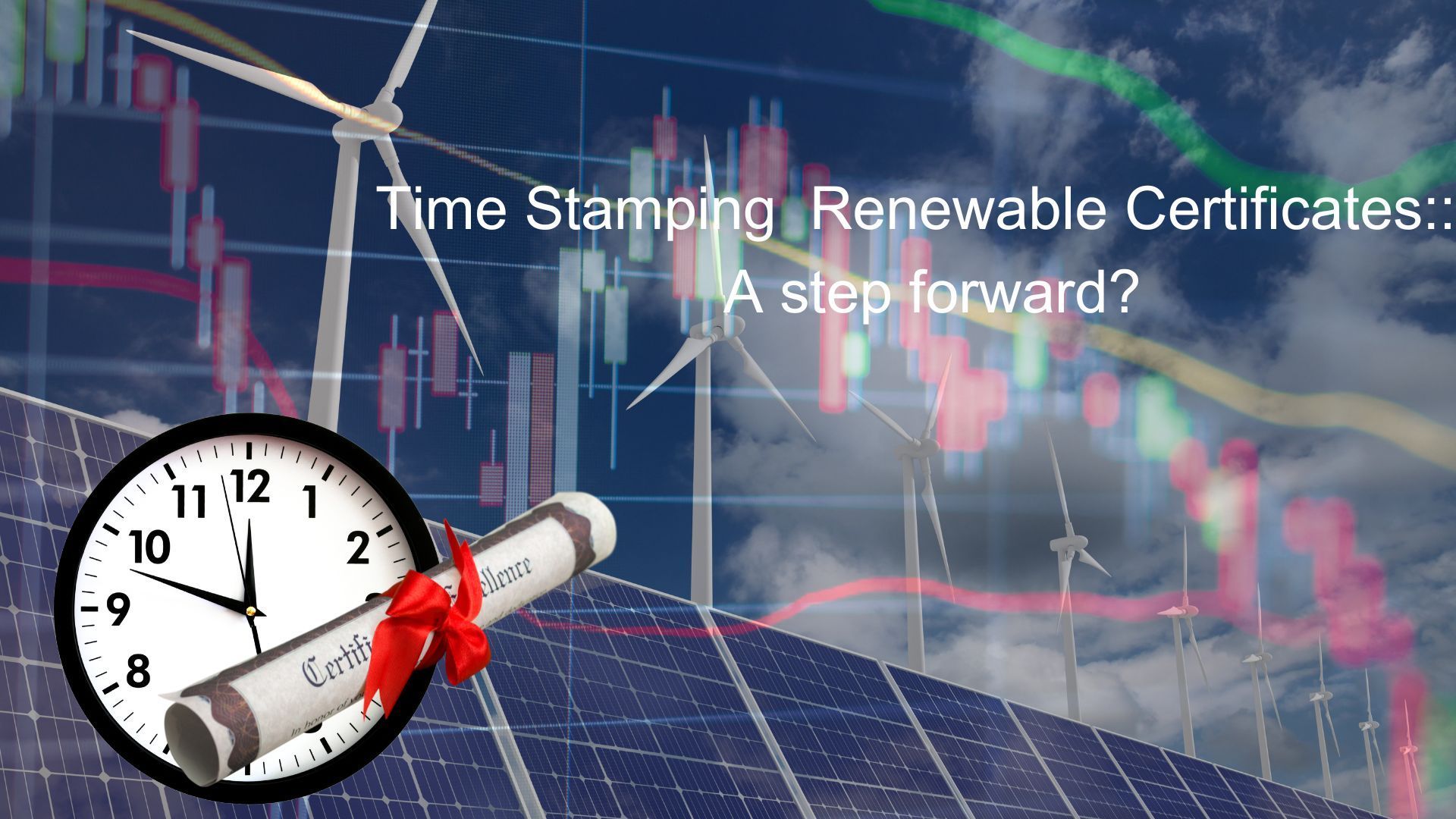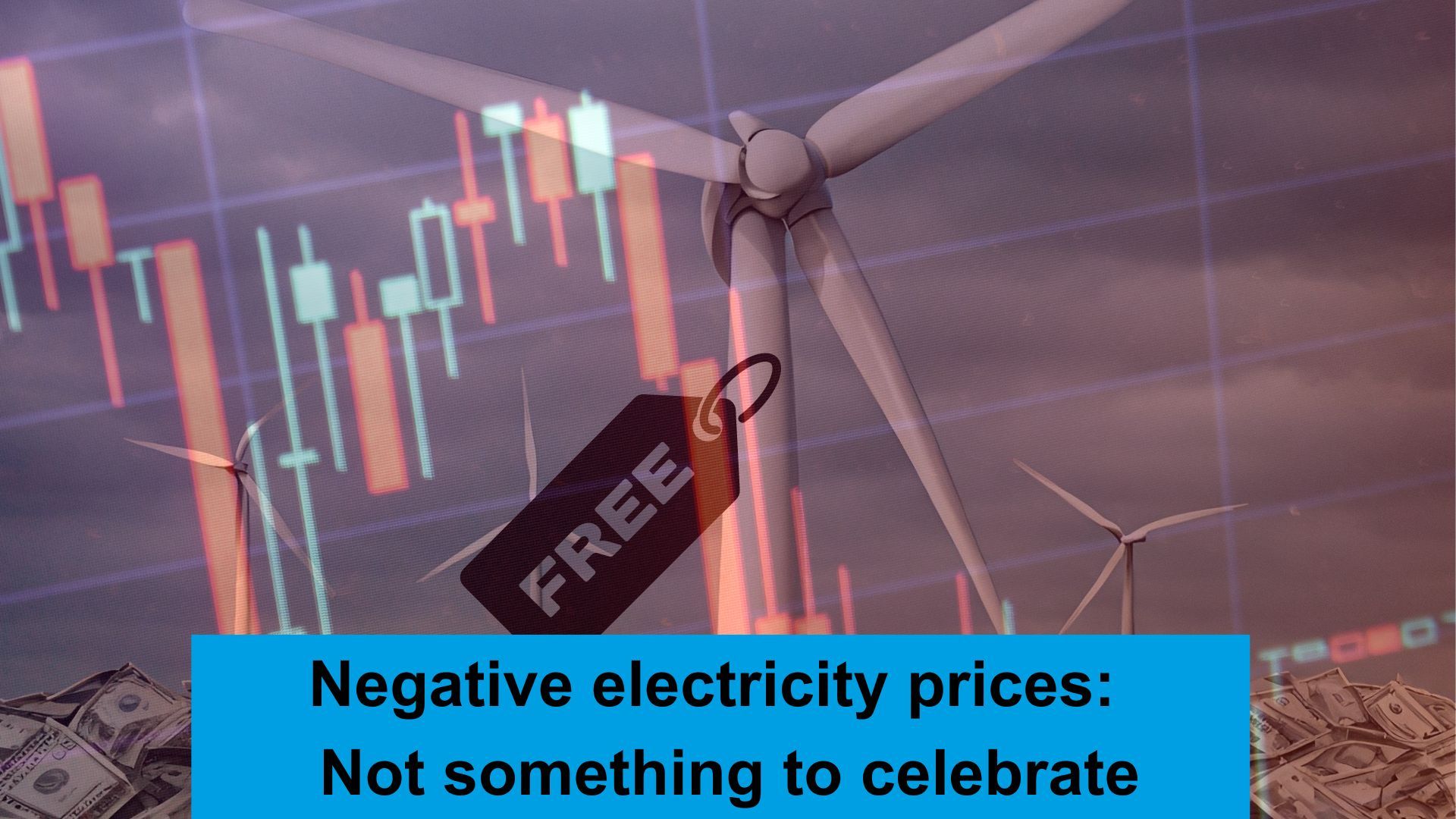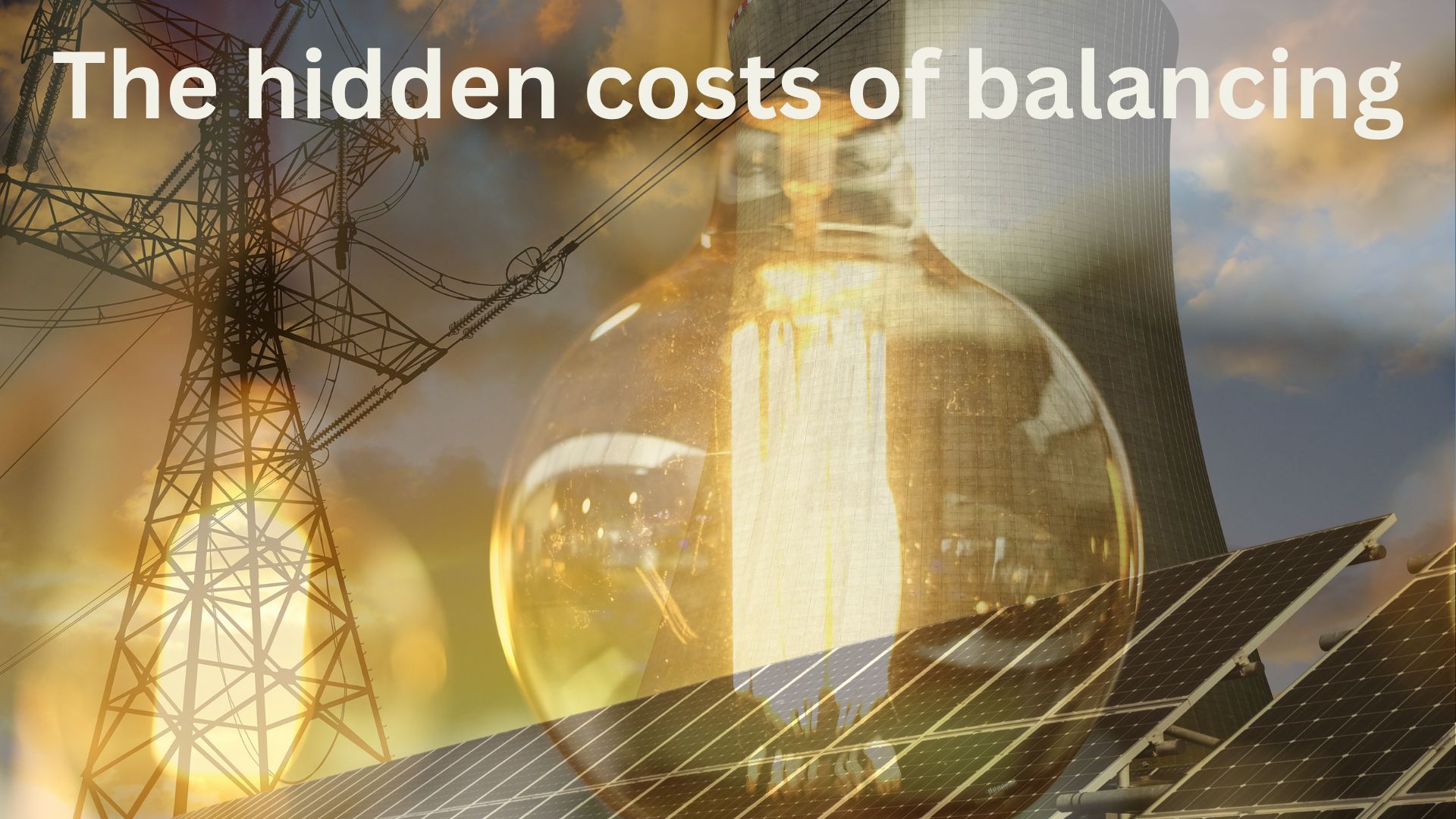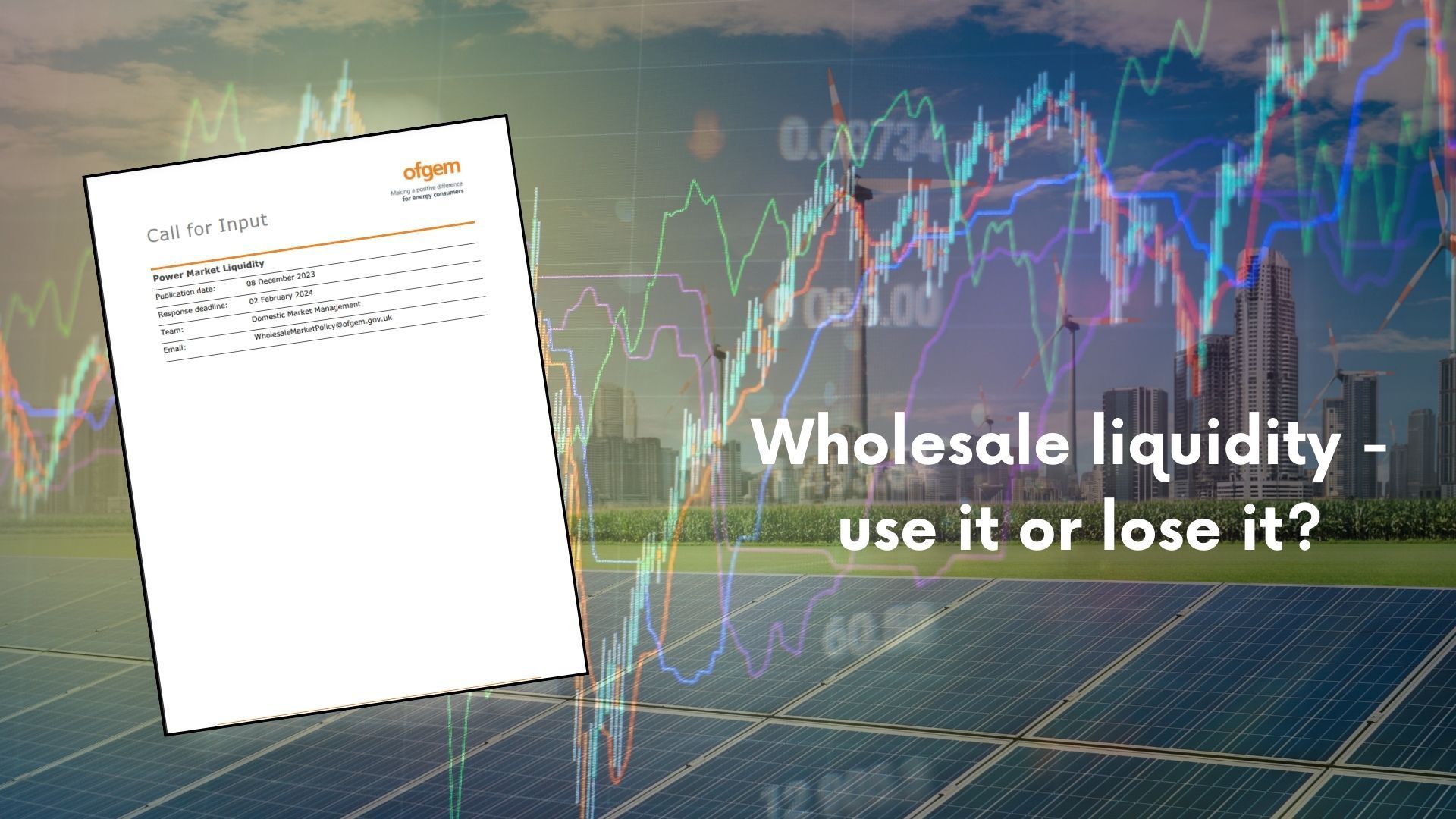Not always - its about assumptions and risk

The perennial energy market commentary takes the form of…
If we had more renewable generation, consumer electricity prices would be cheaper.
Is that true in all cases, and who are ‘we’ anyway?
For the avoidance of doubt – this is not in any way anti-renewable, it’s just pro clarity.
➤The argument for renewables being cheaper generally relies on either:
✦ a simplistic – the energy produced is free therefore more of it must be cheaper to customers; or
✦ Levelised cost of energy from renewables being reported as being cheaper than anything else.
𝐓𝐡𝐞 𝐭𝐫𝐮𝐭𝐡, 𝐚𝐬 𝐬𝐨 𝐨𝐟𝐭𝐞𝐧, 𝐢𝐬 𝐦𝐨𝐫𝐞 𝐜𝐨𝐦𝐩𝐥𝐞𝐱…
Theoretically renewables are cheaper for consumers in the long run if…
The capital cost of renewables plus O&M and back up generation plus return on investment is less than
the capital cost plus O&M fuel plus return on investment for other types of generation.
So renewables will not in all cases be cheaper at all times – unless there is an intervention to systematically push fuel or carbon costs up through taxation of some sort (which has started to happen in recent years).
The current approach to paying most renewable capital costs is:
✦Secure fixed costs via a smearing into energy prices on a per unit subsidy - recovered from consumers on top of wholesale energy costs;
✦Generators can also sell their energy at wholesale energy values which are supported by fossil fuel prices, making them non-zero most of the time.
All asset owners have a responsibility to shareholders to maximise the value of their assets.
‘We’ - the public - do not own the assets, the investors who built them do.
If wholesale prices start to fall as zero cost generation increases, a growing number of generators will begin to take action to hold them up.
In the absence of investors making decisions on the basis purely of carbon reduction, that means investment and operational decisions are about maximising returns – for both fossil and renewable generation.
So, in a market with more renewables, prices may not be cheaper, and certainly will not be zero unless fixed costs to customers are very high.
In energy things are often more complex than they may seem. It pays to take a wide-angle view.
Share this on social media

